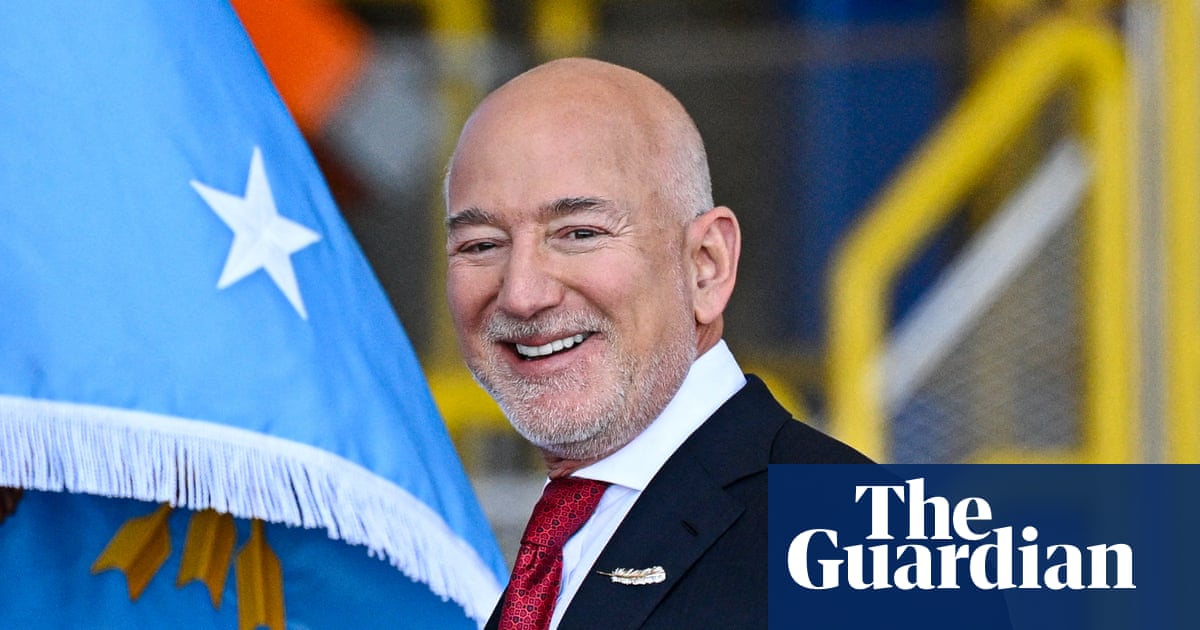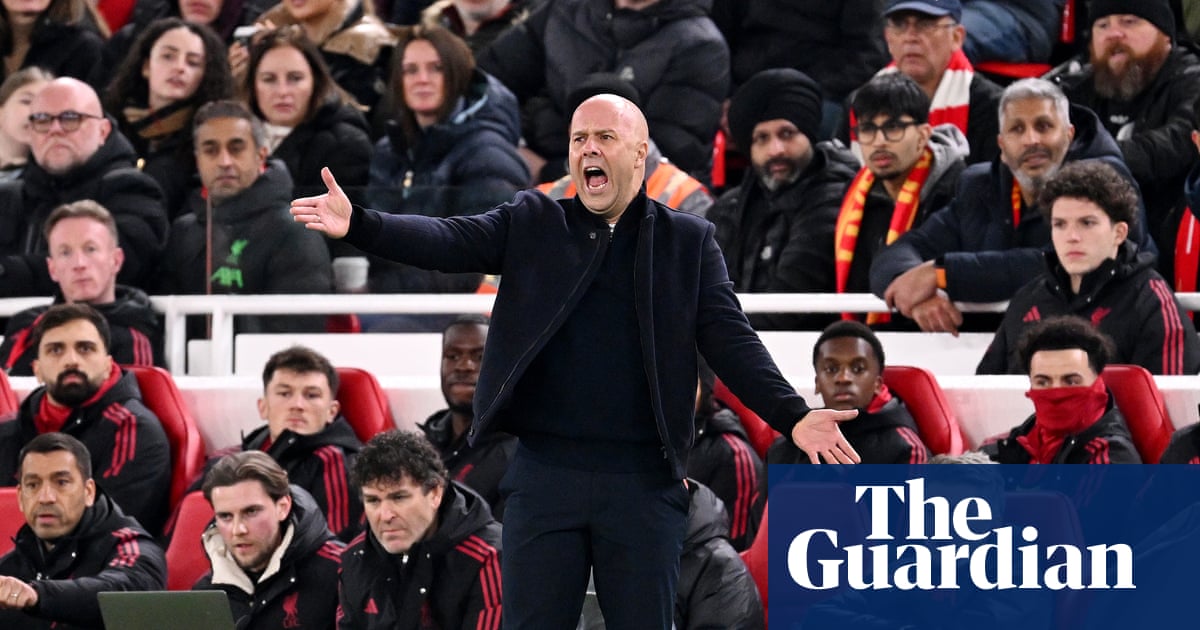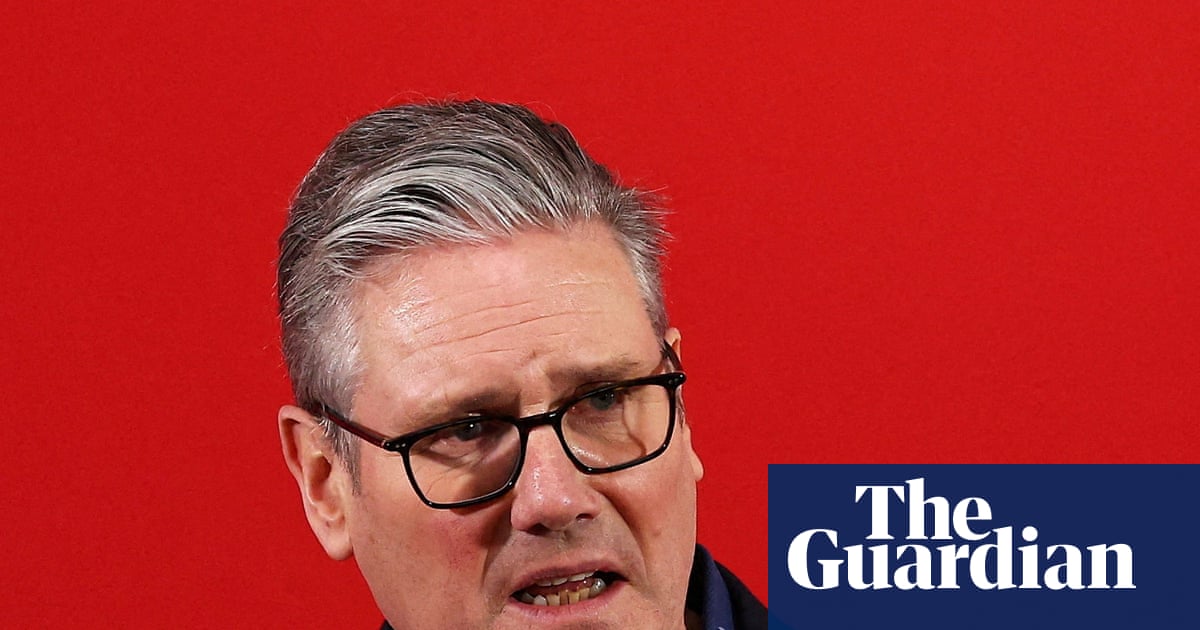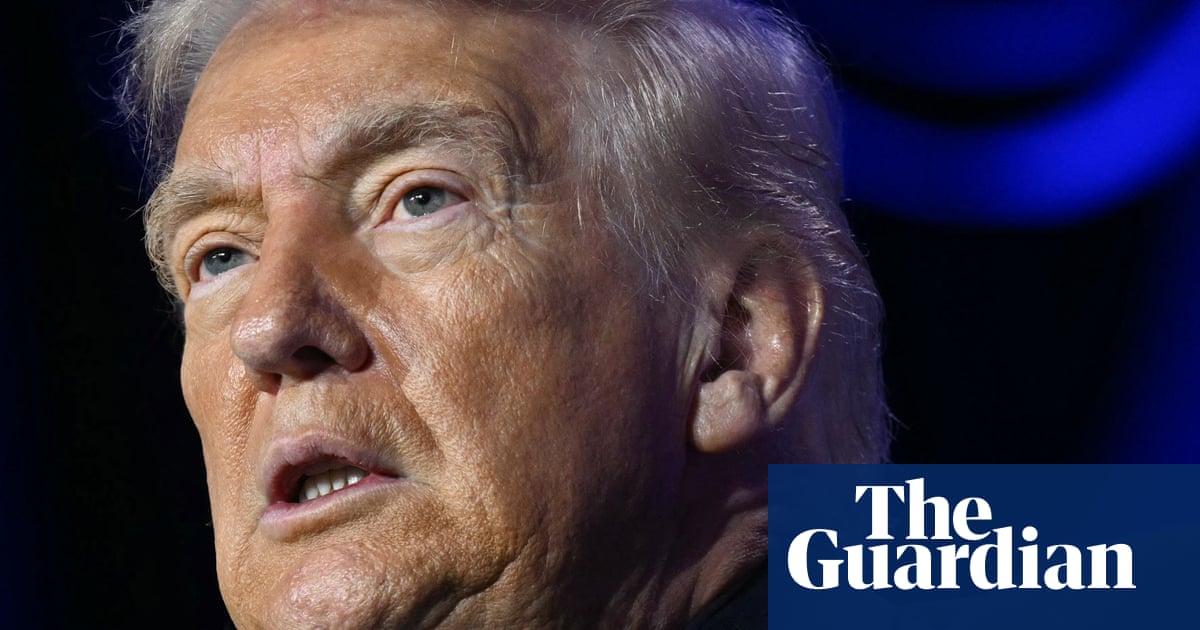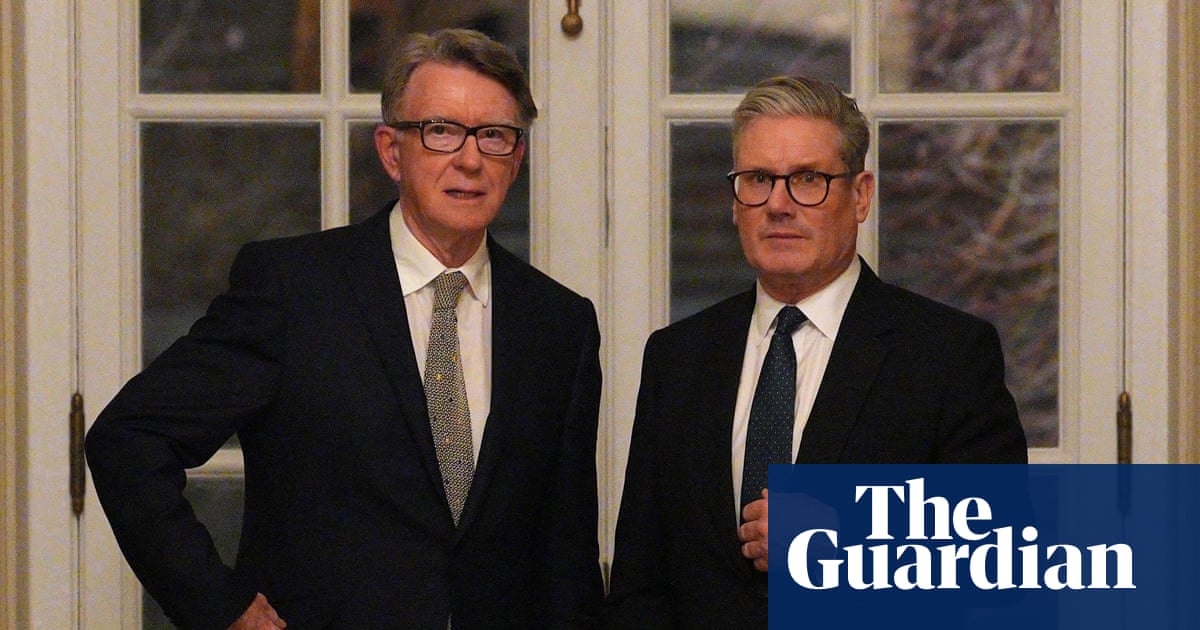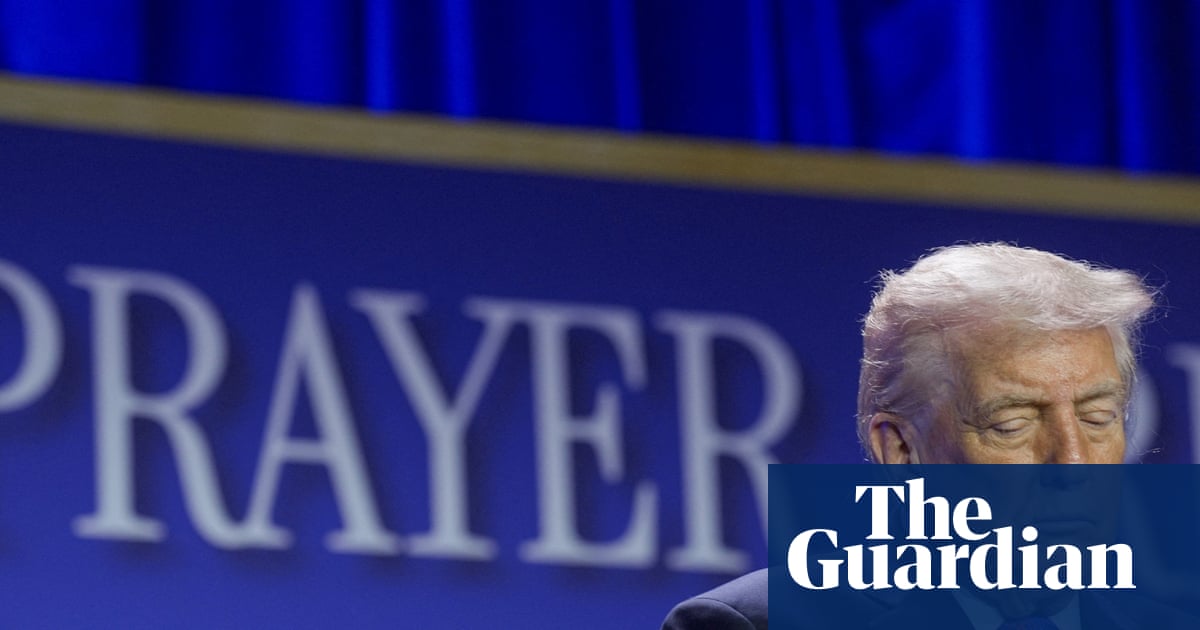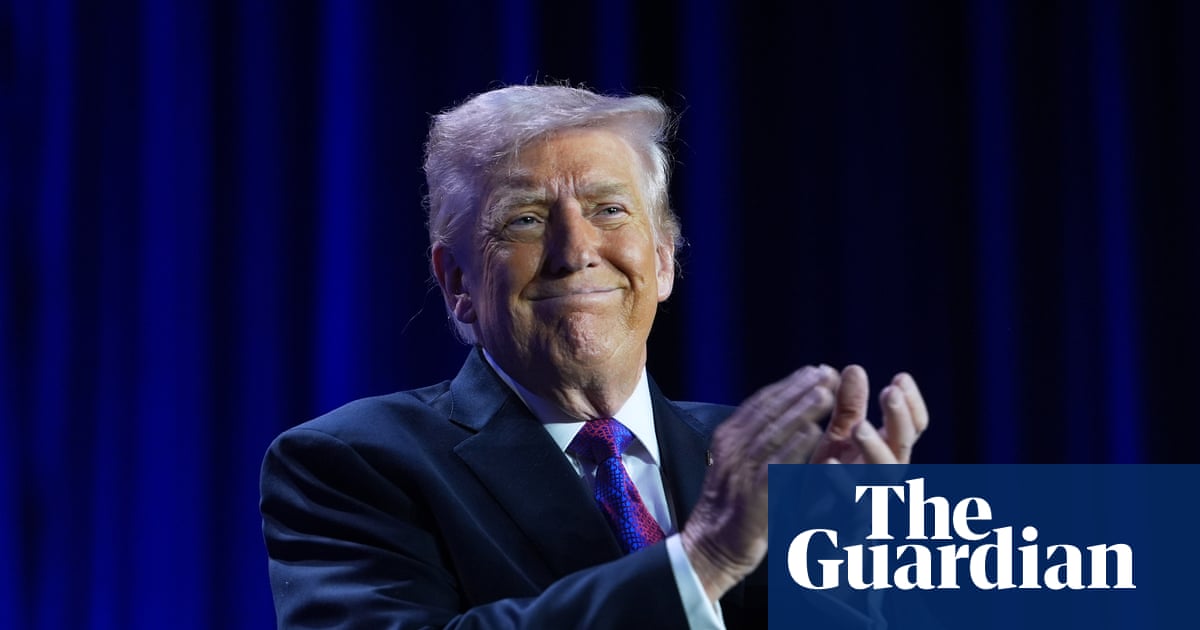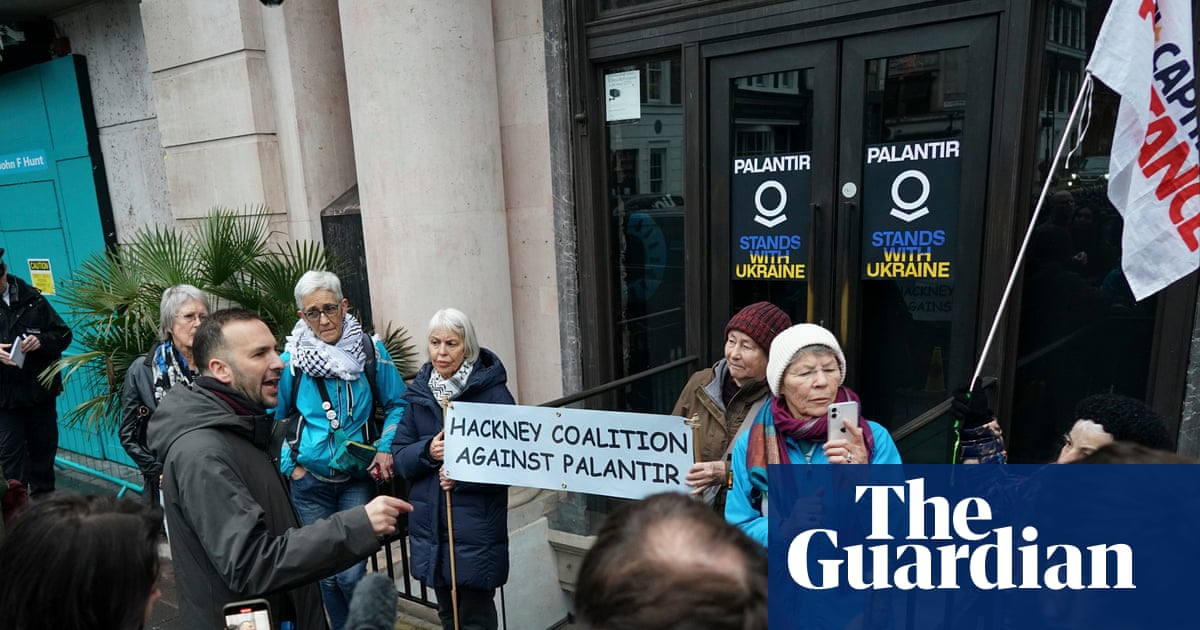While there are many reasons for Zohran Mamdani’s success, the New York City mayor-elect’s meteoric rise was in no small part down to his campaign’s blazing social media game. Across TikTok, Instagram and X, his ads have racked up tens of millions of views, turning his charismatic potential into an electoral earthquake that has shaken the foundations of the Democratic party. Many politicians on both sides of the Atlantic will be asking: what is his secret formula?
For me, the answer is clear. Since I was only 14, I’ve been an online leftwing commentator, building a platform of more than 700,000 followers on Instagram with no money or institutional backing. On social media, radicalism isn’t a potential liability – it’s your strongest selling point. This is a reality that the most adept politicians – from Mamdani to Donald Trump – understand very well. Above all else, what matters online is your authenticity and commitment to standing by the things you believe in, no matter how many outraged headlines they may produce.
When the New York Post criticised Mamdani for being too supportive of Palestinian human rights, it might have thought this would be his undoing. But screenshots of their headlines were used by me and many others to rally support online, where standing up for Palestine is a badge of honour and sensationalist smears from the billionaire-owned press only serve to validate a person’s position as a defender of the voiceless.
Mamdani’s team has produced more than a few hit ads, featuring him interviewing ordinary people on the street, celebrating with New York Knicks fans after a basketball game and shopping at a bodega. No matter the given backdrop, Mamdani was always surrounded by ordinary people going about their lives, as he draws out the joy in every day, relatable moments.
Mamdani’s social media success is also built on an army of unofficial supporters in the background, pumping out thousands of TikTok edits, funny tweets and hit memes that disarmed many of the attack lines in the mainstream press. Young people filmed themselves smiling on the streets of New York with captions such as “visiting the Islamic people’s republic of NY” alongside trending Arabic songs. Crucially, none of these trends would have been so popular had Mamdani not excited a wave of new voters through his central policies of rent freezes, free buses and support for the Palestinian people.
And in the UK, there’s evidence this message might be catching on in the form of the new Green party leader, Zack Polanski. An ad starring Polanski walking through the streets of Leeds, talking about wealth inequality and “the politics of hope”, recently amassed some 12m views on X. He also knows how to cultivate his online audience, hosting an array of leftwing internet personalities on his new podcast, Bold Politics, and taking progressive stances on everything from Palestine to nationalising the water companies.
All of this poses problems for those in the centre. You can’t, as many hope, have the Mamdani “social media strategy” without Mamdani’s appealing socialist politics. Technocratic policies such as freezing personal tax thresholds aren’t going to cut through on social media. And while many in the centre might argue that eye-catching, social-media-friendly policies are often divisive and unfeasible, perhaps the most unrealistic thing of all in an age of extreme inequality and collapsing living standards is more business as usual.
The right certainly seems to think so. Trump’s rhetorical style and bellicose tweets may be charismatic on their own, but Republicans know they can’t exist without the radical, authoritarian policies that come with it. The online right both amplifies and, interestingly, generates policy ideas. Rightwing politicians have happily utilised the informal ecosystem of social media communities and creators, adopting policies from online grassroots conservative movements, no matter how conspiratorial or outlandish they may seem at the time. After all, the idea that the UK should have a total freeze on all non-essential immigration – legal or otherwise – was once just a fantasy of the online, fringe right; today it is the policy of the party leading the polls in Britain.
after newsletter promotion
Fundamentally, a social media campaign is never just about posing for the camera or flashing a smile. It is a reflection of the candidates’ relationship to an unfiltered public and their ability to cultivate a mass base of enthusiastic supporters, beyond the confines of institutional, corporate power. Through this lens, it suddenly starts to make sense why the campaigns manager for the Revolutionary Communist party has more Instagram followers than the chancellor of the Exchequer – and why at the next election it won’t be the Conservatives v Labour, but the Greens against Reform.
-
Rohan Sathyamoorthy is a 20-year-old writer from south-west London

 3 months ago
83
3 months ago
83


